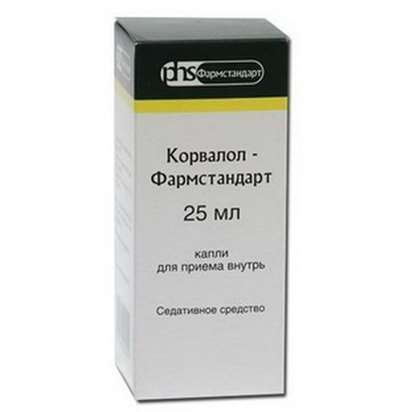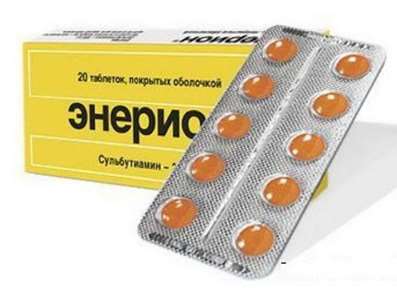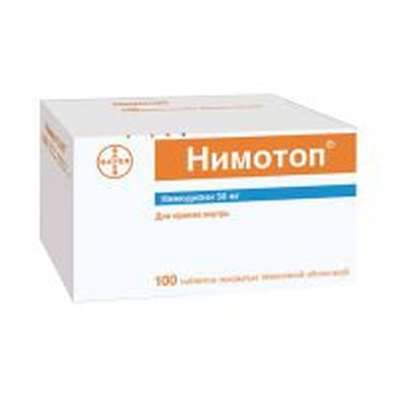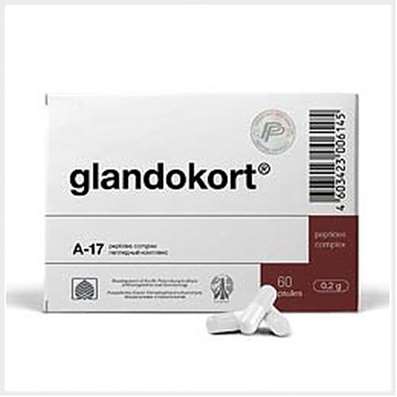Instruction for use: Gynestril
I want this, give me price
Active substance Mifepristone
ATX code G03XB01 Mifepristone
Pharmacological groups
Estrogens, gestagens; Their homologues and antagonists
Nosological classification (ICD-10)
D25 Leiomyoma of the uterus
Fibroids of the uterus
Composition
Tablets 1 table.
active substance:
Mifepristone 0.05 g
Auxiliary substances: MCC - 0.0661 g; Sodium carboxymethyl starch - 0.0135 g; Talcum - 0.00405 g; Calcium stearate - 0.00135 g
Description of dosage form
Tablets: from light yellow to light yellow color with a greenish tinge, flat-cylindrical shape, with a bevel.
pharmachologic effect
Pharmacological action is anti-gestagenic.
Pharmacodynamics
Ginestril ® - a synthetic steroid anti-gestagenic agent (blocks the action of progesterone at the receptor level), does not possess gestagenic activity. Antagonism with GCS (glucocorticosteroids) was noted (due to competition at the level of communication with receptors).
A key role in the pathogenesis of uterine leiomyomas is played by sex hormones, especially progesterone. The use of mifepristone as a blocker of progesterone receptors can contribute both to inhibition of tumor growth, and to a decrease in the size of the myomatous nodes and uterus.
Pharmacokinetics
After ingestion, Cmax is reached after 1.3 hours. Absolute bioavailability is 69%.
In plasma, Gynestril® binds 98% to proteins - albumin and acid alpha-1 glycoprotein.
After the distribution phase, the excretion first takes place slowly (the concentration decreases 2 times between 12-72 hours), then more rapidly. T1 / 2 is 18 hours.
Indications
Treatment of uterine leiomyoma (up to 12 weeks gestation).
Contraindications
The presence in the anamnesis of hypersensitivity to mifepristone;
Adrenal insufficiency;
Long-term therapy with SCS;
Acute and chronic renal and / or liver failure;
Porphyria;
anemia;
Violations of hemostasis (including the previous treatment with anticoagulants);
Inflammatory diseases of female genital organs;
Presence of severe extragenital pathology;
Submucous location of myomatous nodes;
The size of the uterus leiomyoma, exceeding in the sizes of 12 weeks of pregnancy;
Ovarian tumors and / or endometrial hyperplasia;
pregnancy;
Lactation period.
With caution: chronic obstructive pulmonary diseases (including bronchial asthma); Severe arterial hypertension; Heart rhythm disturbances; heart failure.
Application in pregnancy and lactation
Pregnancy and lactation are contraindications to the use of the drug.
Side effects
Violations of the menstrual cycle, amenorrhea, discomfort and pain in the lower abdomen, headache, nausea, vomiting, diarrhea, dizziness, hyperthermia, weakness, urticaria.
Interaction
Use of NSAIDs (non-steroidal anti-inflammatory drugs) should be avoided.
At simultaneous reception with GKS it is necessary to increase a dose of the last.
Dosing and Administration
Inside, in a single dose of 50 mg of Gynestril ® (1 table), once. The course of treatment - 3 months.
Overdose
Taking Gynestril® in doses up to 2 g does not cause unwanted reactions.
Symptoms: Adrenal insufficiency can be observed.
Treatment: symptomatic.
special instructions
Patients with artificial heart valves or infective endocarditis should be preventively treated with antibiotics when using Gynestril®.
Form of issue
Tablets, 0.05 g. In contour cells, 10 pcs. In the polymer bank, 10, 20 or 30 pcs. 1, 2, 3, 4 or 6 contour squares or a can in a pack of cardboard.
Terms of leave from pharmacies
On prescription.
storage Conditions
In a dry, the dark place at a temperature of no higher than 30 ° C.
Keep out of the reach of children.
Shelf life
5 years.
Do not use after the expiry date printed on the package.

 Cart
Cart





